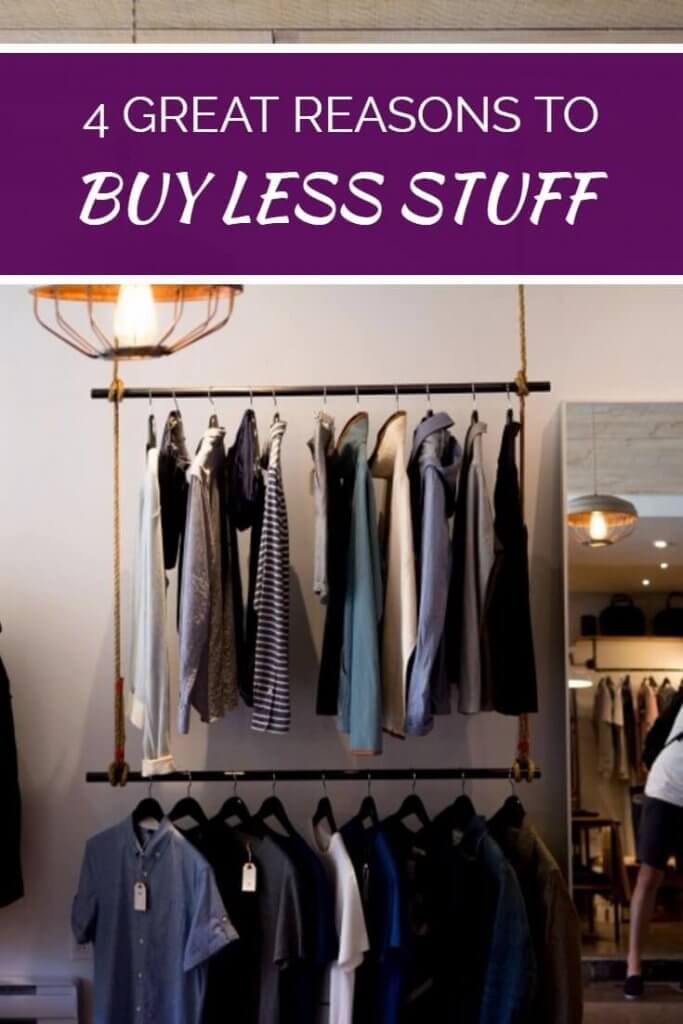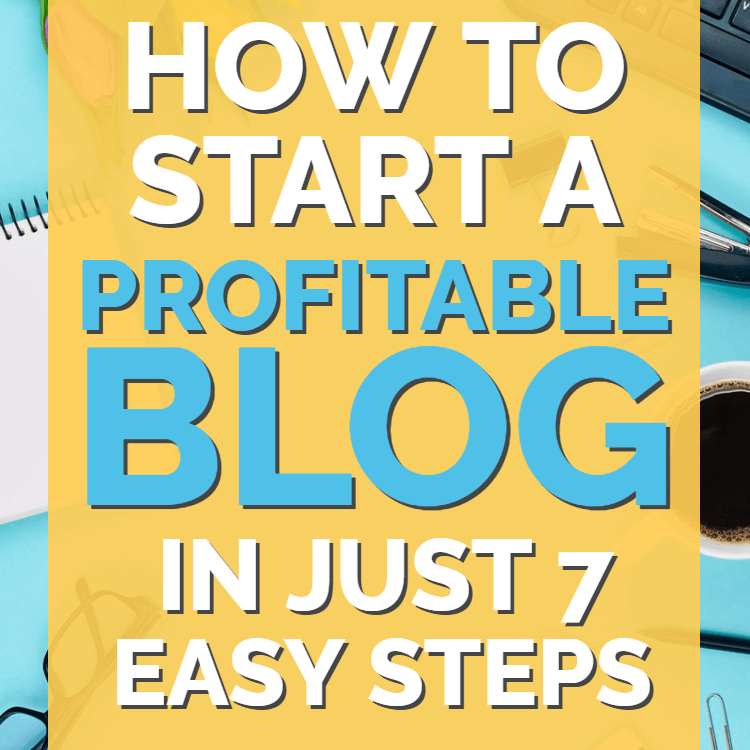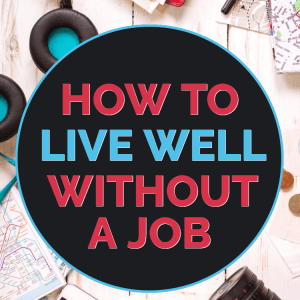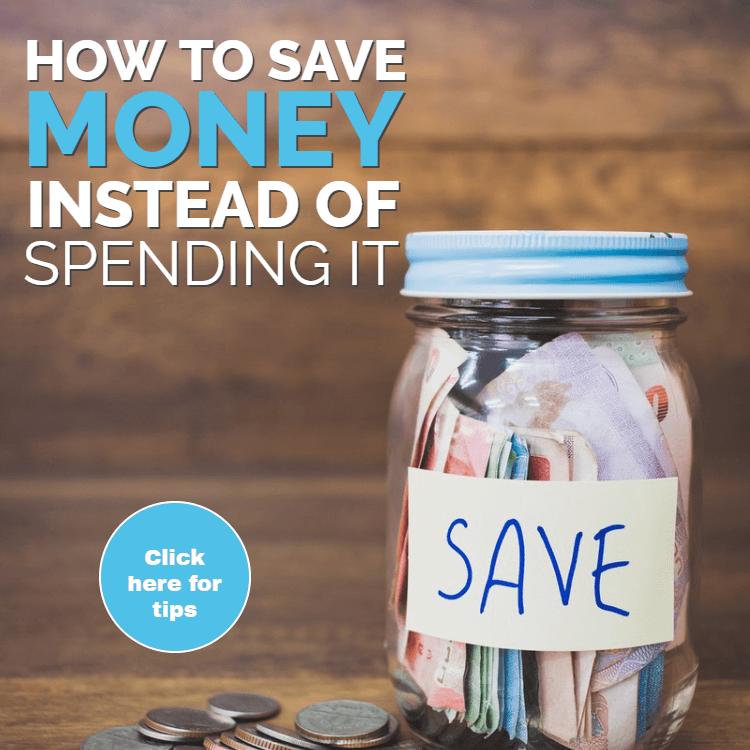Contents
We live in a consumer society, constantly bombarded by adverts and media pushing the next product we need to buy. Little wonder so many of us end up squandering our hard-earned cash on the latest “must have” item.
According to recent statistics half of Americans right now don’t have enough money to cover a $500 financial emergency; I can virtually guarantee you, however, that a fair number of them have the latest cell phone, drive a nice car and are planning to take a relaxing vacation this summer.
Today I’d like to talk a little about my own experiences with minimalism and turning my back on our consumer society. As you’re going to discover, there are a number of reasons why you might want to consciously start buying less “stuff”…
Liabilities Not Assets
Whether its a new car or the latest smart watch, the reality is that the value of consumer goods generally drops over time. Its been estimated, for example, that a brand new car loses 20% of its value the moment you drive it off the forecourt; that’s a big hit on your finances just to say you had a car from new. This means that the $30,000 you just spent on that car is continually dwindling, with the value of your car shrinking over time.
Contrast this with an asset such as a rental property or money put into stocks or bonds; over a long enough period of time these items should actually grow in value.
The first reason to buy fewer consumer goods is that they only make you poorer on paper, while buying assets can make you wealthier over time.
Belongings Own You
Some years ago I moved from a three bedroom house to a small one-bedroom cottage. Rather like the rural idyll in “The Holiday” it certainly was beautiful; but it was also tiny.
The only way we were going to fit into the little cottage was by downsizing our possessions. In a three-month period before we moved we sold off huge numbers of possessions. It certainly wasn’t something that I wanted to do; it was a necessary evil.
In truth I felt sick about ridding myself of the consumer trappings of my lifestyle; all those gadgets and toys I’d been enjoying were finally going to a “better place”. Every time I sold another item I found myself feeling “homesick” and worried if I’d made the right decision.
Then a funny thing happened. Somehow my remaining belongings reached a critical “threshold”. I feel freer than I had in years. Suddenly I didn’t have to worry about cleaning and maintaining my belongings. I wasn’t getting frustrated with cupboards full of stuff I never used any more. Somehow, without even realizing it, my possessions were causing me mental strain; strain that only dissipated when I was forced to sell many of them.
There were other benefits too. Firstly I had a bank account stuffed with cash, and secondly moving home was easier than ever before since I had so much less stuff to lug around.
The unexpected consequences of selling many of my possessions taught me that in many ways our belongings own us as much as we own them. Buying less stuff means a more minimal existence; it means having the luxury of focusing on what really matters in life while dispensing with the unnecessary and unwanted.
Cash Is Insurance
Over the last decade we’ve seen some of the biggest financial turmoil since the Great Depression. Thousands of people have lost their jobs and their homes. While the last crash may have been over a decade ago now, it surprises me just how short-sighted many people can be. Ever so slowly our consumer society is regrowing, with ever “better” debt products helping us to spend not just what we earn – but even more – on consumer goods. Some authorities are already predicting that another crash is likely within our lifetimes.
It’s worth taking a moment to consider what would happen if you got downsized out of your job? Would you be better placed if you had all the trappings of a middle-class lifestyle, or a bank account full of cash? I think you’d agree the latter option would provide you with far more options – and as a result comfort.
Oh sure, some people will argue that they’ll just sell their car and their home gym if they need to. But you need to remember that liquidating assets takes time, and as already discussed you’ll end up losing a significant amount of value in the process.
Never underestimate the power of having significant liquid funds to help you weather any financial storm that may head your way.
Keeping Up With The Joneses
One of the insidious reasons we spend money is simply to impress others and gain social acceptance. The day you arrive at work in that shiny new car your colleagues greet you with nods of approval. You feel good. People are talking about you. You won.
Or at least you won until your colleague upgrades a few weeks later. Back into position two. Then someone else upgrades and you fall yet further. All too soon your shiny new car just isn’t cutting the mustard, and you’re tempted to upgrade once again to keep up with the pack.
Sadly, keeping up with the Joneses just isn’t a battle you can ever conclusively win. It’s a constant daily struggle to maintain standards – and that struggle costs big.
Far better for your finances is simply to not play that game. Buy only what you need not what society is telling you that you to. Consciously buying less stuff helps you to escape from this “hamster wheel” of consumer spending and instead lets you focus on the financial priorities that really matter to you.
Are you still trapped in a consumer society or have you consciously decided to start limiting your spending? What impact has it had on your life? Please leave your experiences in the comments section below…











I recently watched a documentary on where most of the clothes I used to buy came from. It’s really sad what kind of working conditions these people are working in, and how much they’re getting paid.
[…] Another great reason to buy less is that you will save money in the long run. Unless it is a very rare item that increases value over time, most consumer goods will have less value with time. They become liabilities to you and you will have less to grow your assets. […]
[…] Another great reason to buy less is that you will save money in the long run. Unless it is a very rare item that increases value over time, most consumer goods will have less value with time. They become liabilities to you and you will have less to grow your assets. […]